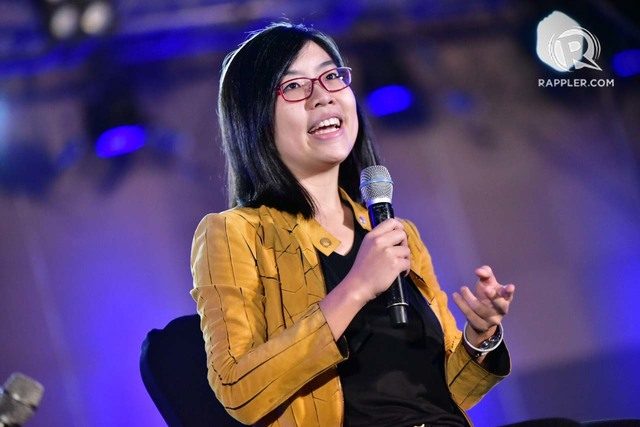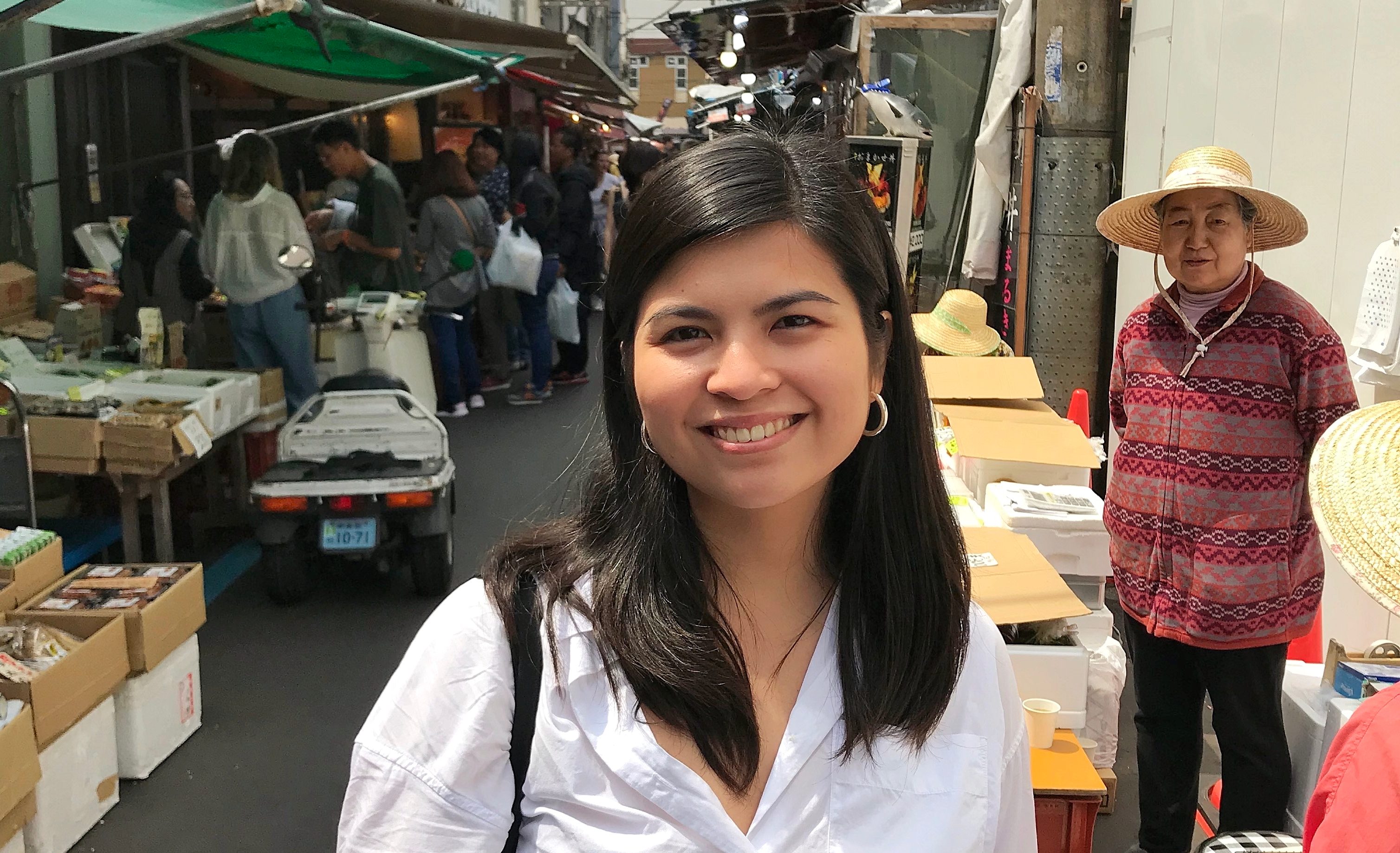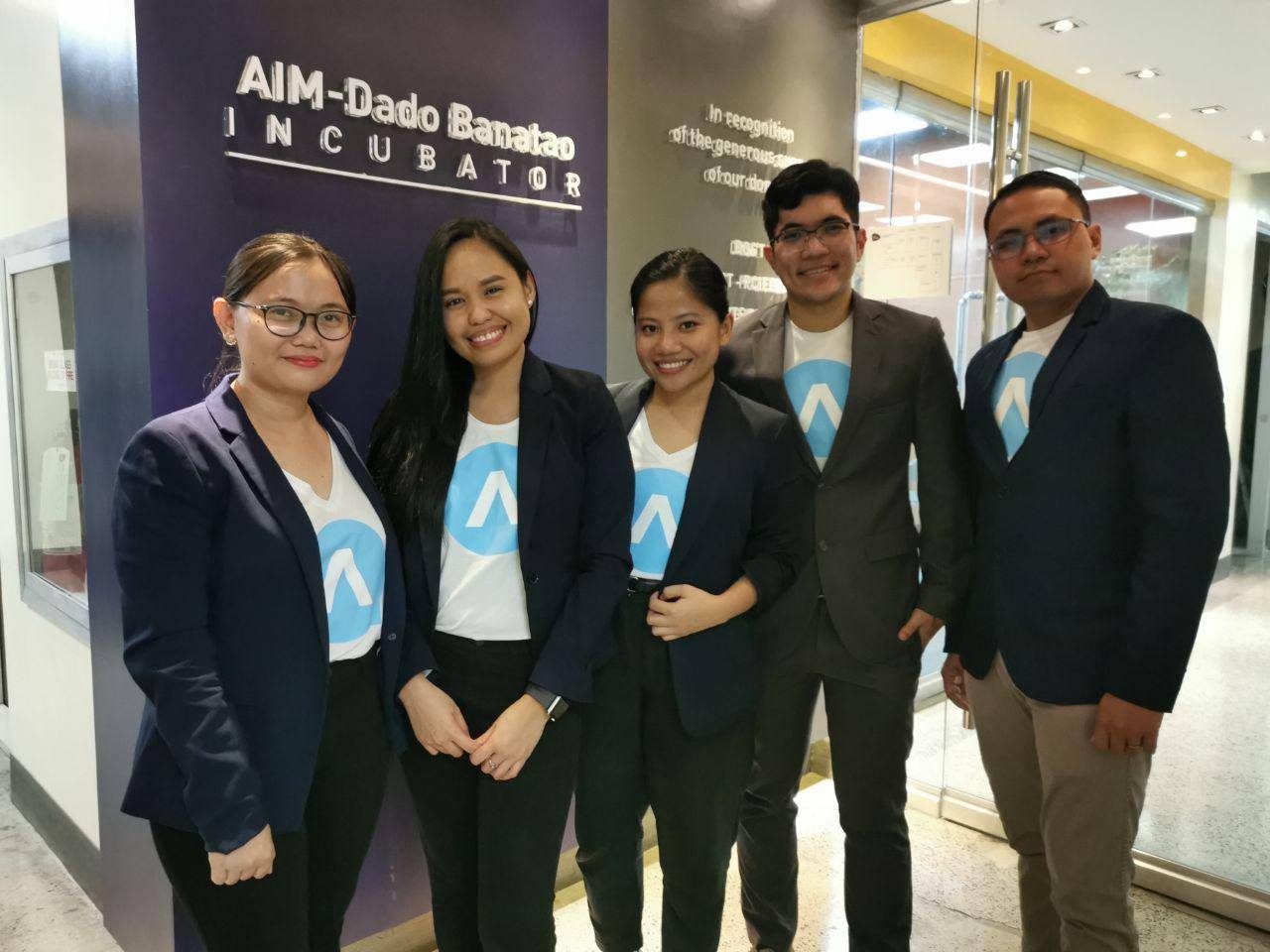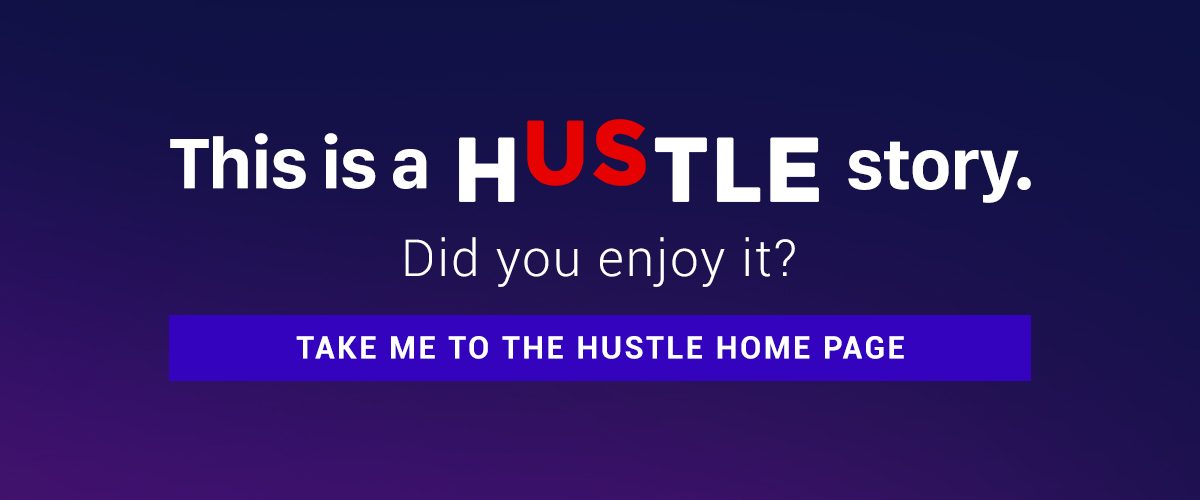SUMMARY
This is AI generated summarization, which may have errors. For context, always refer to the full article.


MANILA, Philippines – It’s long been accepted that our world is going through a digital metamorphosis: manufacturing becoming increasingly automated, AI-presence in our most menial of daily tasks, carefully crafted online personas now as meaningful (or meaningless, for glass-half-empty nihilists) as who we are “IRL.”
However, amid a pandemic whose means of transmission is rooted in physical proximity, aside from the threat of infection, we’ve been rushed towards a digital form of Darwinism, a forced evolution: migrate online or perish.
Businesses are left scurrying to digitize their workforce, now unable to hold off their inevitable shift to digital. People are also coping with the fact that we have to settle for online interaction in place of physical presence and that, like a Black Mirror episode, our digital selves are our only selves (at least for the time being).
In part 3 of our “How thinkers see a post-pandemic Philippines” series, we talk to thought leaders from the tech sector about innovation, data science, social media, startups, and the future of hiring.

ANGELO CASIMIRO
Inventor
The rise Of 3D printing
Due to the shortage of PPEs (Personal Protective Equipment), we are seeing volunteers and hobbyists work as one to distribute and manufacture PPEs from their own homes.
3D printing technology has gone a long way. Individuals with no background in electronics or mechatronics started buying 3D printers and CNC machines (an alternative to 3D printing, where manufacturing is done by cutting away at a solid block of material) to join the cause.
Back in the day, these machines were not consumer-friendly. However, technology has evolved in such a way that the average consumer can operate such machines without prior experience in the hobby or field.
G-Code translation software – ones that convert 3D-modelled files into machine language – are more consumer-friendly too. Files and designs can now be easily uploaded by people with expertise in 3D Modeling then be downloaded by consumers through 3D printing file-sharing websites such as Thingiverse. Distribution can be as simple as sending a PDF file over email.
There are 3D printer models that provide good value for money, costing P 11,000. These can be assembled in 3 steps, as simple as snapping pieces together. But some printers can go as low as P 7,000 (though these are harder to put together). With a small nozzle, You can print 2 PPEs in an hour! With all these developments, everyone can download and 3D-print anything in their own homes.

STEPHANIE SY
Founder and CEO of Thinking Machines – a data science startup that builds artificial intelligence systems to help organizations make better decisions. Thinking Machines is currently supporting the DOST and DOH to process and visualize the official COVID Data Tracker.
The new norm – remote, digital, data-driven
The tech sector is probably the best suited to thrive in the new normal. With effective vaccines potentially years away, tech’s ability to connect people and payments will be vital in our next 12 months.
Software that enables remote work has gone from a “nice-to-have” to an absolute requirement for any organization trying to operate under the enhanced community quarantine (ECQ). Cashless payments and online marketplaces are now must-haves for our economy to open up. All companies will have to adopt technology, and also adopt new norms around working. Remote work has long been accepted practice in the tech sector. I bet we’ll start to see more companies copying management best practices from the tech industry, including set OKRs (objective and key results), flatter hierarchies, and agile work practices.
Data-driven decision making is going to be a huge theme in the next two years. When things were stable, doing the same thing as you did yesterday worked out. However, you cannot go about the same way amid COVID-19, where things change every single day. Organizations must have data to guide their decisions. They must have data systems to monitor their circumstances, track the outcomes of their choices, and iterate iterate iterate!

FATIMA GAW
Digital cultures lecturer and researcher, University of the Philippines – Diliman
Social media and the collapse of structural boundaries
During a pandemic – in the absence of formal and informal physical spaces for learning, work, and leisure – social media is a convenient proxy for our social life. Facebook groups, Viber chats, and Twitter hashtags become the new structures we traverse to facilitate our social engagements. However, their fluid and transient nature collapses the literal and symbolic boundaries that demarcate the facet of our every day.
Social media has grown into the de facto public and private spheres – where political discourse, civilian mobilizations, and community engagement meet three-ingredient recipes, dank memes, and dance TikToks. This heightens the ambiguity of social norms, as there is no definite room to “read” on how to behave. This further elevates the anxiety of our slipping control over our social spaces.
The political underpinnings of the pandemic, and the resulting upheaval of our political, economic, and social systems, exacerbate the already polarized social networks in social media. With the amplified visibility of political dispositions and dwindling tolerance for hypocrisy, unfriending and cleansing become coping mechanisms (case in point: tone-deaf celebrity culture is canceled). But new intersections have surfaced from the meeting of passions, of humor, and of unrealized yearning for reform that change the structures of social networks permanently. We are already seeing historically divided social classes and political circles coincide and collaborate from organizing relief drives to online protests, so expect to see more unlikely partnerships to emerge.
While social media has always presented us with a platform for dissent, its reification of the Filipino public as social networks has rendered us the extraordinary power to demand accountability and action from the people in power. Posts that raise concerns and issues are heard, comments on the government response are addressed, and tweets critical of the administration undermine its hold on public trust. The embodiment of the ‘public’ and our collective sentiment through social media cannot be dismissed as residual angst of a few, but as a convergent social force that expects better from their leaders.
That said, governments are doubling down on citizen surveillance and intensifying political propaganda of divisive fake news stories and manufactured pro-government sentiment. Intimidation and threats to our freedom of speech have become more palpable, and troll mobilization is more insidious than ever. People need to be more vigilant in protecting their privacy and safety, and cognizant that the bane of disinformation networks is when we channel our strength not in responding to their cheap antics but in attending to the issues that matter.

LEI MOTILLA
Co-founder, AI4GOV. AI4GOV is a technology startup dedicated to enabling local governments to improve public services and citizen participation through technology, data science, and community organizing.
A government more open to tech and data
We often think that the government is slow to adapt to new technologies. However, due to the nature of the COVID-19 pandemic, it has become imperative for the government to utilize digital tools in informing constituents of their response.
Little do people know that amidst the outbreak, the Department of Health (DOH) has been working closely with tech startups applying technology, data science, and artificial intelligence (AI) to provide public information, data analysis, and self-assessment mechanisms. For more than a month, it has been a very inspiring and meaningful experience to work day and night with dedicated DOH doctors as subject matter experts as well as DOH coordinators serving as navigators in how innovation can fit in the context of bureaucracy.
Following this emerging dynamic between government and startups amidst the outbreak, I can say that post-pandemic there would be more openness for government units to actively collaborate with startups in catalyzing and accelerating effective public services.
However, there is nuance in this dynamic. It requires a lot of patience, trusting the process, and a sense of responsibility in taking the leap to struggle side-by-side with the government. This might seem a bit ironic, but startups need to rise above the impulse towards impatience and the need to make things happen immediately.
We need to enable policies that strike a balance between the culture of agility and the institutional structures in place. Some public servants are already pushing for reforms, and this desire for change is something startups can get behind.

PAUL RIVERA
CEO and Founder, Kalibrr
A substantial shift to online recruitment
Recruitment is obviously one of the most immediately affected industries. Companies are already pausing their operations, pausing their hiring, and, if anything, reducing costs by laying off people.
What COVID-19 has done is to accelerate the digital transformation agenda for companies in the Philippines. Tech has historically been seen as a toy, an expensive cost, or just not worth the effort to learn or implement. What COVID-19 has done is immediately transform how tech is perceived – the companies who understand and utilize technology are the ones who can continue to operate and thrive in this environment.
Companies will realize that they will need people with digital skills, will need to invest in digital tools in online recruitment – using a hiring platform like Kalibrr, doing interviews via Skype, Hangouts, or Zoom. Technology adoption is now life or death for their business, especially knowing the next 18 months will probably result in COVID reappearing and lockdowns happening again.
Tech companies, such as we in Kalibrr, should be ready to help ensure our partners are prepared for this new operating environment. – Rappler.com
Read more Hustle stories:
Add a comment
How does this make you feel?

There are no comments yet. Add your comment to start the conversation.